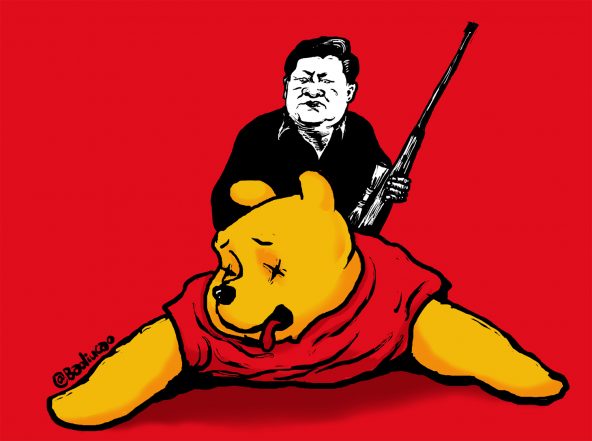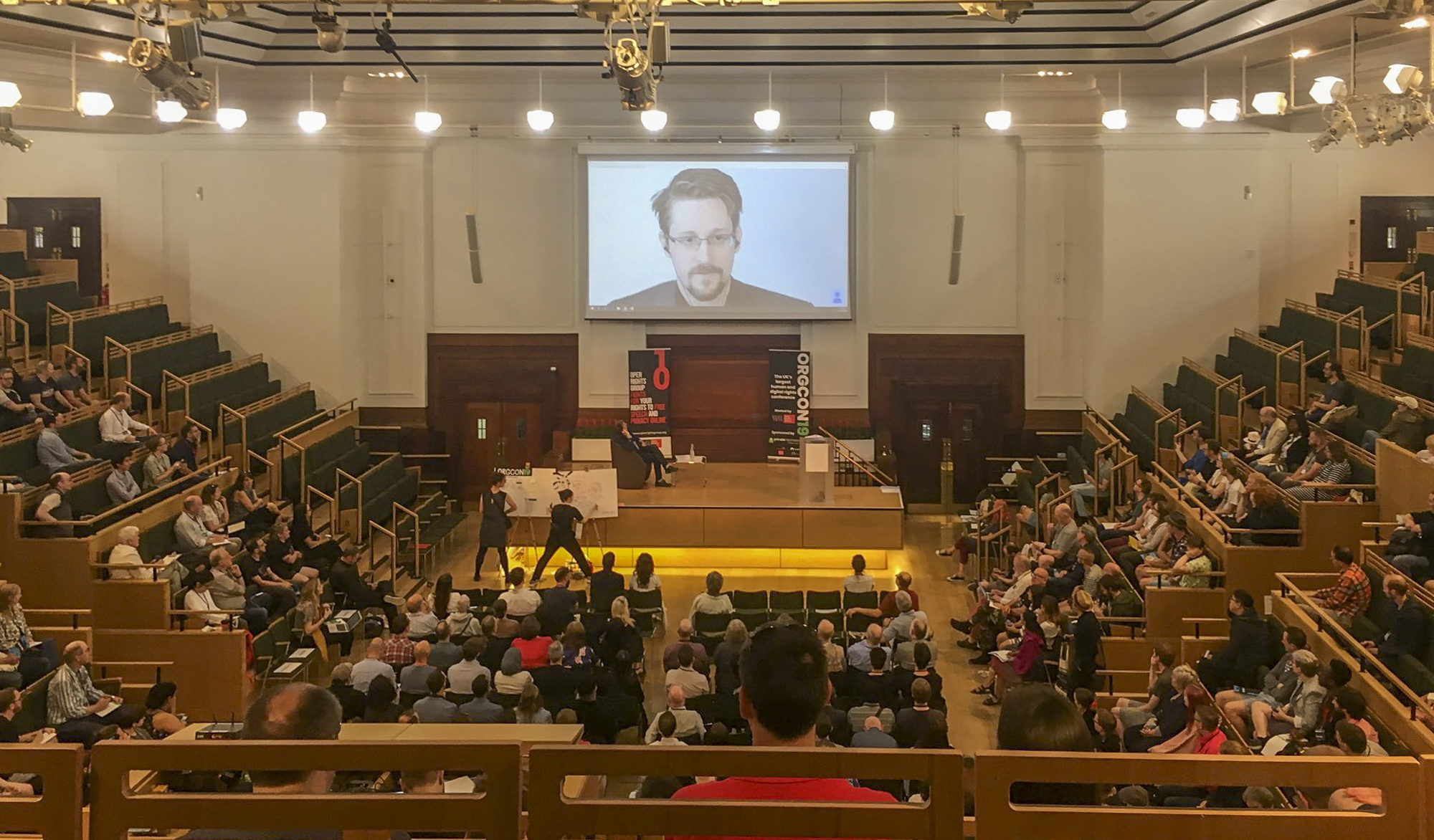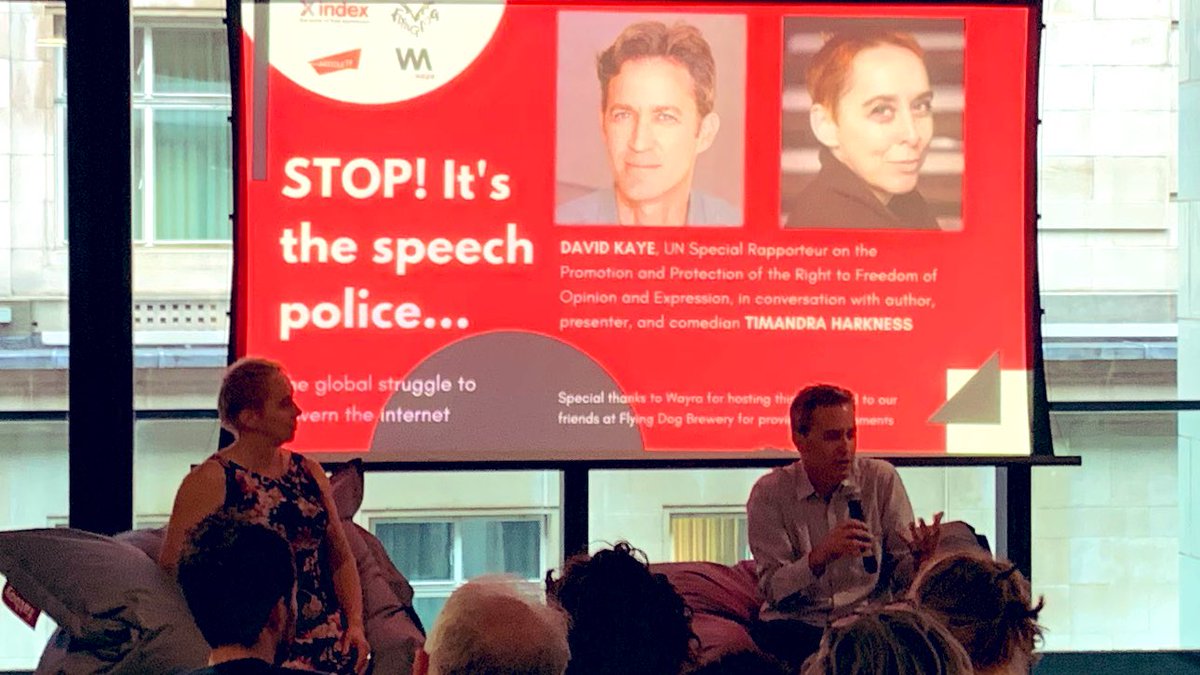In an appeal on 20 February, a judge ruled that a banned blog that criticised Brazil’s most influential daily newspaper should remain offline. The case has been deemed by critics as an example of judicial and financial harassment by big Brazilian media companies and high-profile people over their critics.
The blog — named Falha de S.Paulo — was created in 2010 to criticise newspaper Folha de S.Paulo for its coverage of that year’s general elections. A satirical take on Folha (meaning “paper”), the content of Falha (meaning “fail”) imitated the newspaper’s design and text style.
Folha filed a lawsuit against Falha, claiming the blog’s logo, content, pictures and text font imitated its graphic design, confusing web users. Besides that, the paper accused the bloggers of benefiting financially from the website.
By the end of September 2010, a judge had demanded the blog be removed and imposed a daily fine over its authors. Falha’s creators appealed, but the decision was maintained on Wednesday by another judge from the São Paulo State Court.
“It’s not a simple thing (to appeal), both STJ (Superior Tribunal de Justiça, or High Court of Justice) and the Supreme Court won’t accept any case. But we’ll study which way we could appeal. We intend to go to the highest courts”, said one of the blog’s creators, Lino Bocchini, to Rede Brasil Atual agency.
Pressure in court
Some see this case as an example of an ongoing trend in Brazil — powerful people and companies putting financial pressure on their critics by simply going to the courts against them.
“Politicians, business people and other powerful personalities found that they can silence their critics by filing lawsuits”, says journalism teacher Marcelo Träsel from PUCRS University in Porto Alegre.
“To take a lawsuit to its very final stages can cost tens of thousands of reais. One that’s involved in a scandal can create a juridical torment to its critics, if one has the financial means to do that,” he says.
“These people don’t even need to win in court. Only to impose financial damage to a whistle-blowing blogger, for example, would probably make him shut up. I believe that’s the main threat to free speech in Brazil in a near future, and I believe that cases like Falha de S.Paulo will grow in number.”
The practice of filing lawsuits to remove defamatory content from the internet also disturbs Google Brazil’s Public Policy & Government Relations Senior Counsel Marcel Leonardi.
“Internet gives you the possibility to immediately respond to anyone, and in many different ways, like posting videos or creating hyperlinks. In this case, the most intelligent way to reply to criticism would be to have an online presence, though which one could inform and reply to critics in one’s own virtual space,” he says.
In Leonardi’s opinion, Brazil will remain one of the top countries in the world in terms of digital content removal — as stated in the latest Google Transparency Report — unless this “culture of lawsuit” is somehow overcome.
Concerns about Brazil are shared by watchdogs such as Freedom House, which states on its 2012 Freedom on the Net report that actions taken by judges and other public agents could represent “a possible barrier to free speech and a means of removing content deemed undesirable.”
Last year Falha’s case was brought to Frank de la Rue, UN Special Rapporteur on Freedom of Opinion and Expression. While visiting Brazil, he said the situation was “terrible”.




